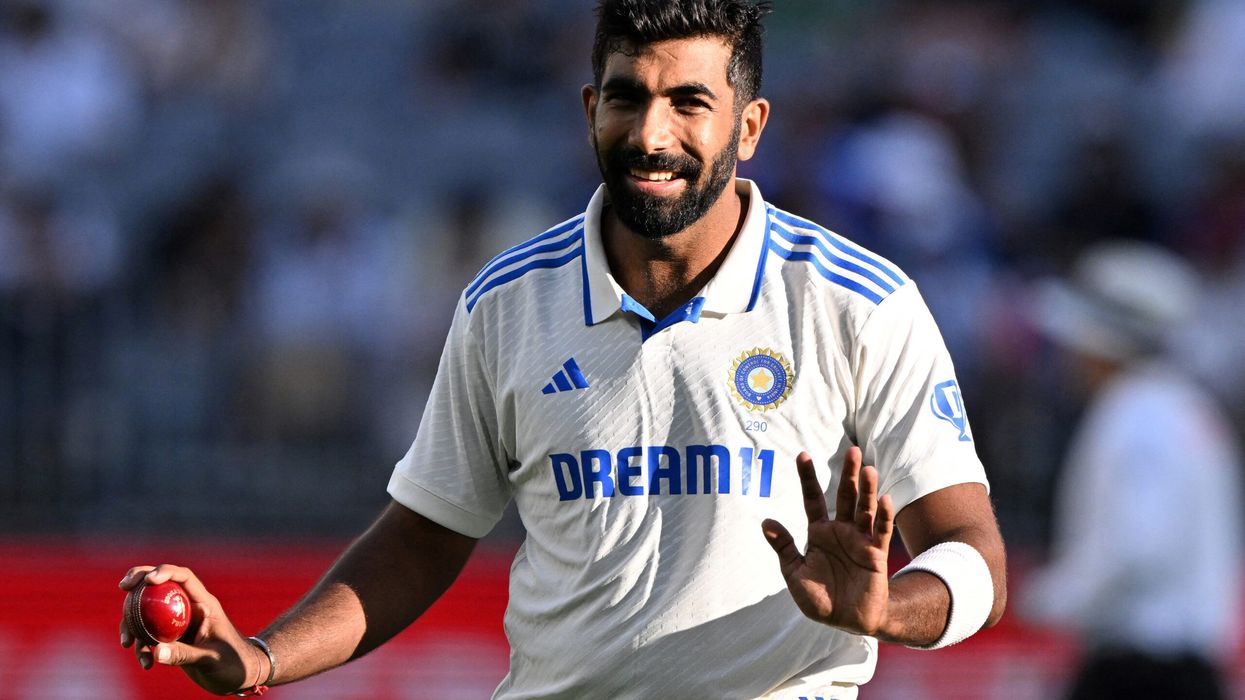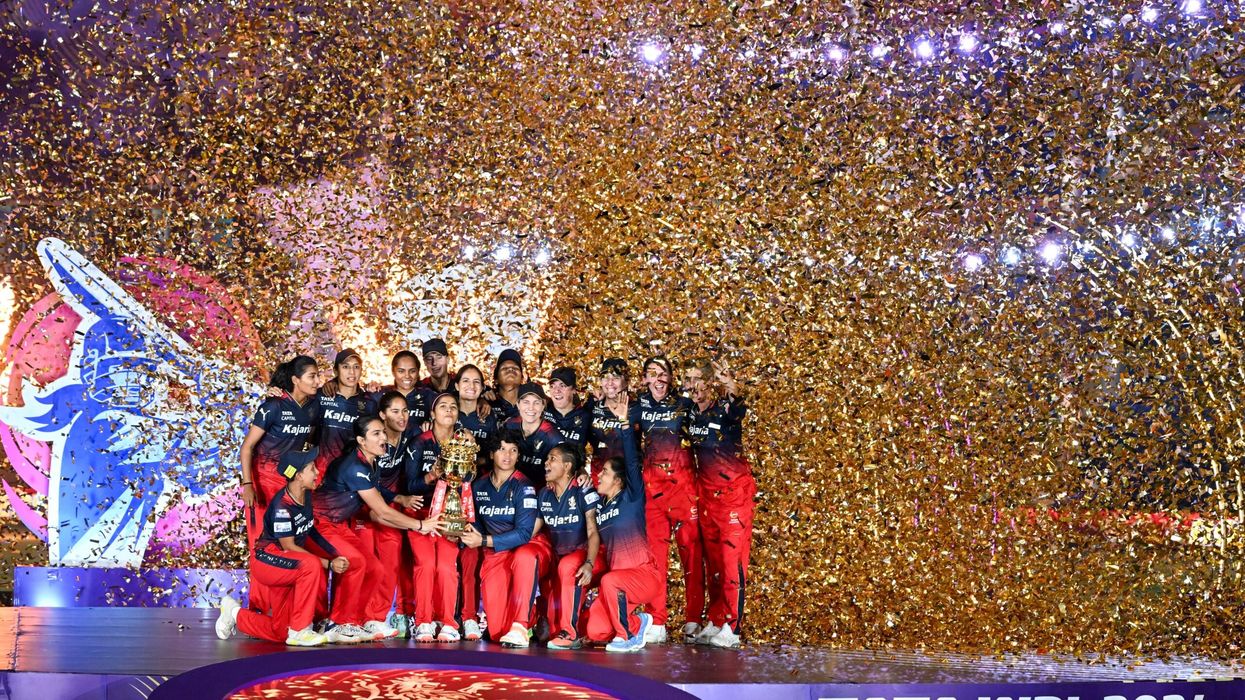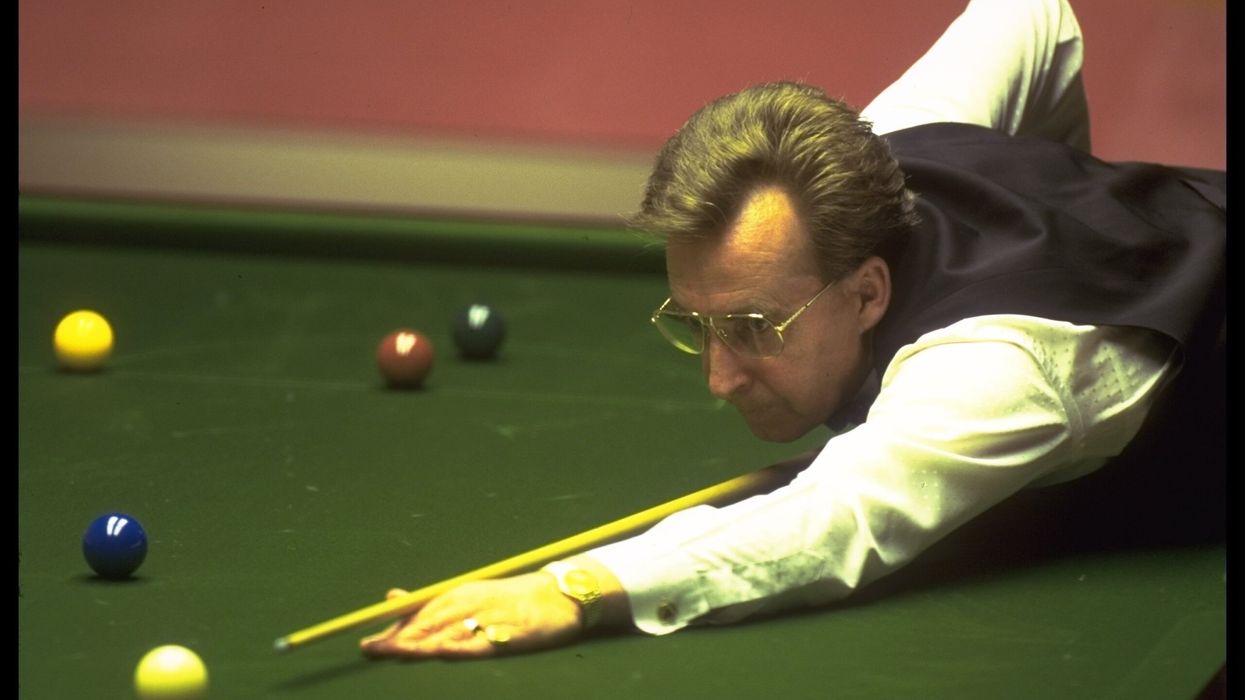A NEW generation of Indian women and girls are playing, earning and even dating via video games as the country’s $1.5 billion (£1.18bn) gaming industry grows rapidly and opens up.
Cheap access to smartphones and the internet has brought mobile games to India’s masses and now their appetite is huge. Indians consumed more mobile games last year than players in any other country, notching up a combined 15 billion downloads.
That has unlocked new revenue opportunities for female gamers, particularly in the competitive esports world, experts say.
“Women are carving out a space for themselves in an industry that has traditionally been dominated by men,” said Salone Sehgal, founding general partner of Lumikai, a gaming-focused venture capital fund.
A recent report released by Lumikai showed that 43 per cent of India’s 507 million gamers are female - the first year they have counted players by gender. With 27.3 per cent of India’s 1.4 billion population aged between 15 and 29, its gaming population is growing by 12 per cent a year. But female players say they face a barrage of abuse when they talk to fellow gamers online, with rape threats a daily hazard.
Add to that abuse the vastly lower prizes offered in female tournaments, and gamers and industry experts say the eplaying field is far from fair, despite all the gains made. Esports – which gained huge new popularity during Covid-19 lockdown – refers to competitive gaming, where players train, win sponsorship deals and play in global tournaments.
The percentage of female players in competitive esports has risen from 12 per cent in 2020 to 22 per cent in 2022, according to the Federation of Indian Chambers of Commerce and Industry. After decades of campaigning for recognition as a mainstream sport, India’s gaming industry last year broke away from other online games such as poker, which is banned in some states that want to crack down on gambling.
Competitive gamers chase the same sort of fame and fortune enjoyed by cricket and tennis stars through international tournaments and lucrative brand sponsorships. But the gains have largely gone to male players.
According to the Esports Federation of India, women can win about $1,200 (£946) at a tournament, whereas open tournaments – which are dominated by male teams – offer prizes 100 times bigger. Yet there are gains to be won beyond the cash, said Sehgal, even as women top up their prize money with streaming fees and brand sponsorships.
“Their increased visibility in the tech industry can help break down gender stereotypes and encourage more women to pursue careers in tech-related fields,” she said.
With more games featuring female protagonists, and plots that resonate strongly with women, she said the gaming industry was changing to include and encourage women players. Khushveen Kaur is a 21-year-old esports athlete who plays for GodLike, a leading pro team. She started playing video games when she was six and became a pro gamer at the age of 17.
When Kaur first started playing competitively, boys picked on her. But as she got better, her peers took note. Their appreciation and camraderie helped her overcome depression. “I became more confident,” she said.
And as she changed, so did her industry. “People started organising girls-only or women-only tournaments to push women forward, to create a safe space,” said Kaur, whose sole income is gaming, such is her success. “Three of four years ago, girls never got any opportunities. But I earn enough to live a good life.”
But India’s female gaming boom has come at a cost.
Sonali Singh works remotely as a software engineer for a big US university and adds an extra 50 per cent – 60 per cent to her already high earnings playing video games by night.
However, when she turns on her microphone to say ‘hello’, Singh is pelted with abuse. Rape threats and sexist taunts echo down her headphones as she parachutes to remote islands to slay enemies.
“It’s horrible, the kinds of things men say. The worst things a girl can hear,” says Singh, who goes by the online moniker PlayLikeIncognito. The level of online vitriol is high. A 2023 survey by Local Circles - a community social media platform - found that eight in 10 urban Indian women use the internet and 86 per cent of them expressed concerns about being trolled, harassed, abused or subjected to cybercrimes.
In 2021, Singh was asked to lead an all-girl team in an online tournament with a prize pool of about $122,300 (£96,370). Instead of celebrating the tournament’s first all-girl team, the people streaming the tournament called them “free kills” - or easy targets, she said.
The female players were also derided as a “reservation” – India’s term for a quota to bolster marginalised groups. “My DMs (direct messages) filled up with hate,” she said. “All these keyboard warriors... I just didn’t want to play.
Lokesh Suji, director of the Esports Federation of India, admitted there was work still to be done.
He said the industry tries to stamp out abuse and that he would like to see women grow as rich as the top men in gaming. But, ultimately, Suji said: “It’s our culture - we don’t really encourage girls to play.”
Singh concurred; when she was little, she would beg then brawl with her brother for a turn on his video games. Her mother would broker peace by handing Singh a story book. “It’s our Indian culture. Girls don’t play games,” Singh said.
(Thomson Reuters Foundation)




